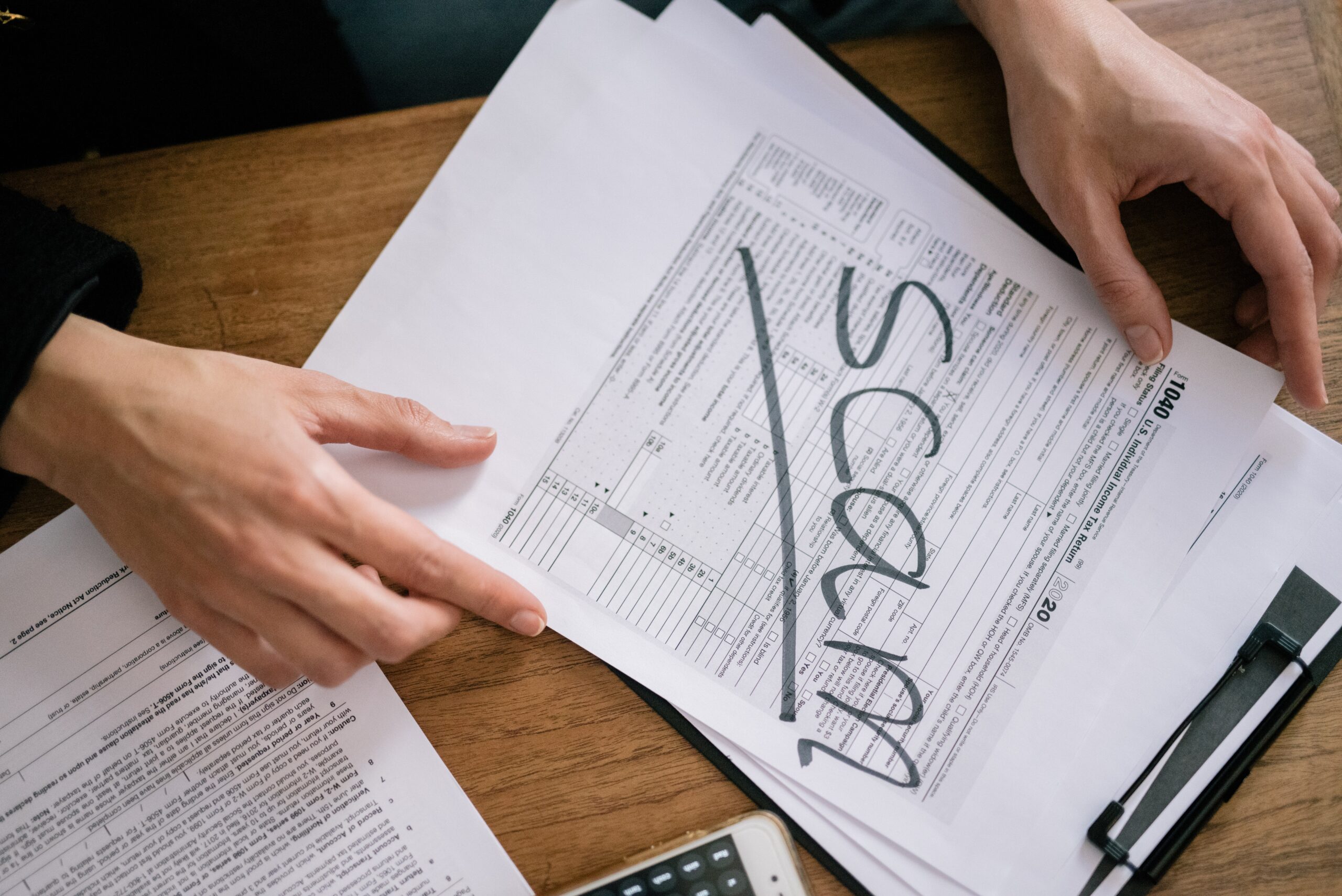Recognizing Recovery Scams: Avoiding Additional Scams Targeting Lottery Scam Victims

Hey there, savvy readers! We all know that getting caught up in a lottery scam is no walk in the park. But guess what? The journey doesn’t end there. Unfortunately, scammers don’t give up easily, and they often try to take advantage of those who have already been victimized. That’s right—recovery scams are lurking out there, ready to pounce on unsuspecting lottery scam victims. But fear not! In today’s article, we’ll arm you with the knowledge you need to recognize and avoid these sneaky recovery scams. So, let’s dive in and outsmart those scammers in our casual yet informative style!
- What Are Recovery Scams? Recovery scams are scams that target individuals who have already fallen victim to a lottery scam. Scammers pretend to be “recovery agents” or “law enforcement officials” and promise to help you get back the money you lost. They play on your emotions, offering false hope and claiming to have special connections or secret methods for recovering your funds. But beware, it’s just another trap!
- Stay Skeptical: Remember, skepticism is your superpower! If someone contacts you out of the blue, claiming they can recover your lost funds, proceed with caution. Legitimate recovery efforts usually involve law enforcement agencies or legal professionals, not random individuals reaching out to you unsolicited.
- Verify Their Identity: Don’t let scammers fool you with fancy titles or official-sounding names. Take the time to independently verify the identity of anyone claiming to be a recovery agent or law enforcement official. Ask for their full name, contact information, and affiliation. Then, do your detective work—search online, check official websites, and contact the relevant organizations to confirm their legitimacy.
- Beware of Upfront Fees: Here’s a golden rule to live by: never pay upfront fees for recovery services. Legitimate professionals or law enforcement agencies won’t ask you to pay fees in advance. Scammers, on the other hand, will try to squeeze every penny they can from you. If they insist on payment before providing any assistance, it’s a red flag waving right in front of your face.
- Guard Your Personal Information: Scammers are notorious for fishing for personal information. They may ask for sensitive details, such as your bank account numbers, Social Security number, or copies of your identification documents. Never, and I mean never, share such information with anyone you don’t trust completely. Protect your personal data like it’s the secret recipe to your favorite dessert.
- Trust Your Instincts: You know that little voice in your head? Yeah, the one that tells you something doesn’t feel right. Well, listen to it! If something seems off or too good to be true, it probably is. Trust your instincts and don’t let scammers sweet-talk their way into your wallet.
- Consult Professionals: If you’re considering engaging a recovery service, seek advice from professionals you trust. Consult with a lawyer, contact your local law enforcement agency, or reach out to a consumer protection organization. They can guide you, provide recommendations, and help you make informed decisions.
- Spread the Word: Knowledge is power, my friends! Spread the word about recovery scams to your loved ones and anyone who may have been a lottery scam victim. The more people who are aware of these scams, the better equipped we all are to recognize and avoid them. Together, we can create a strong network of scam-fighting warriors!
So, my savvy comrades, keep these tips in mind and stay one step ahead of those recovery scammers. Don’t let them exploit your vulnerability or lure you into another trap. Stay skeptical, verify identities, protect your personal information, and trust your gut. Let’s outsmart those scammers and keep our hard-earned money where it belongs—in our pockets!

